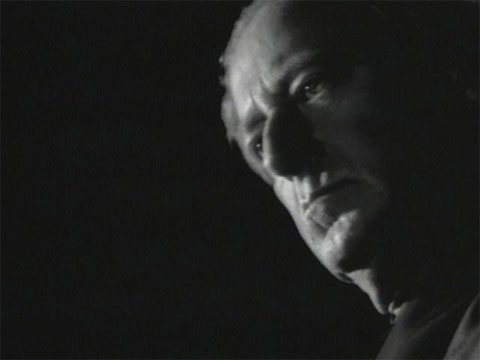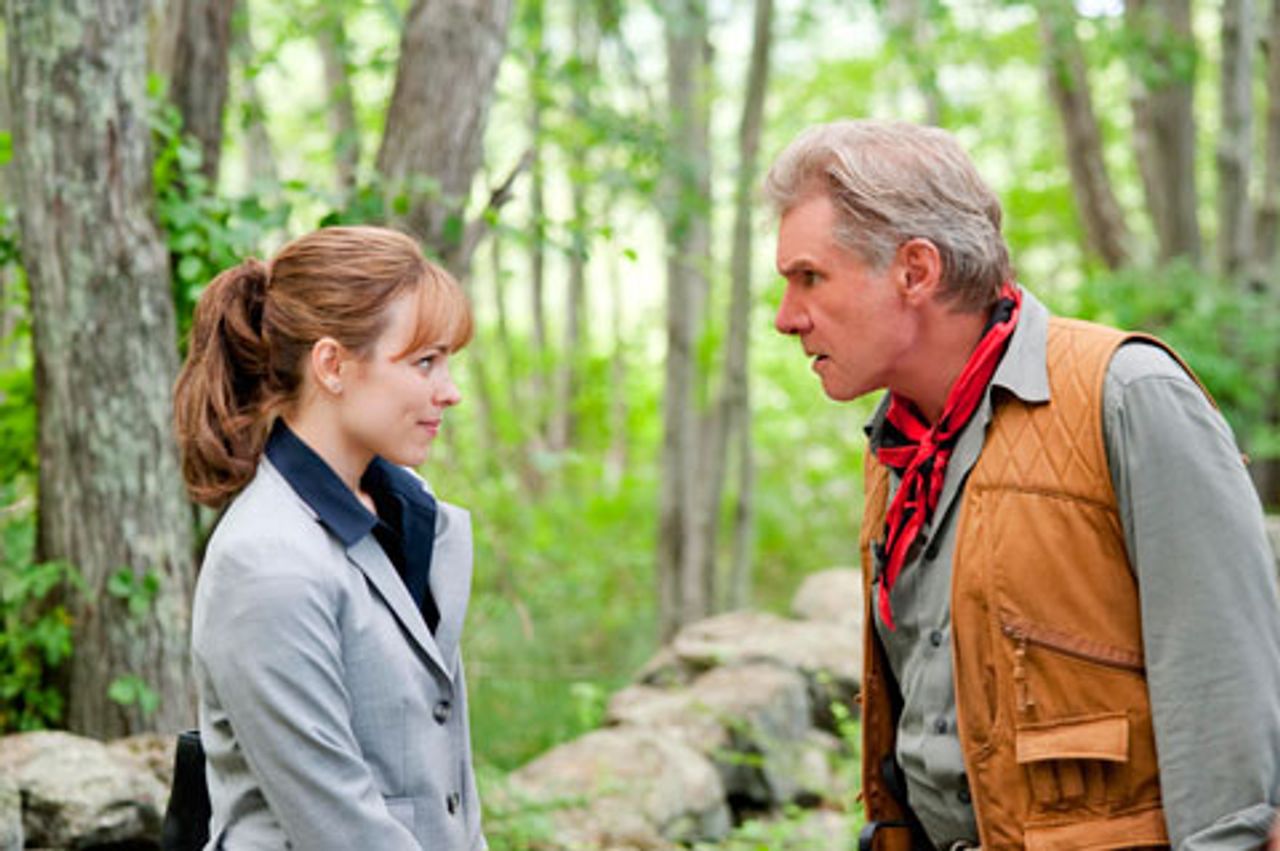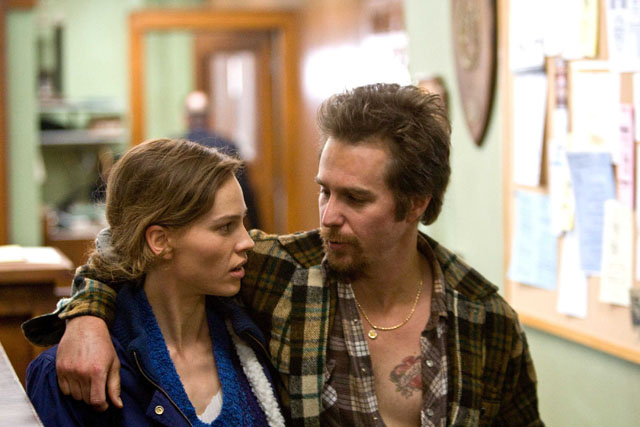 One of the cinema's most unique and distinguished artists passed away from a heart attack in New York today. John Barry was born in Yorkshire in 1933 to a piano teacher mother and a father who ran a chain of theatres and cinemas. After serving in a military band during World War 2, Barry found success arranging the music for the first in Albert 'Cubby' Broccoli's 007 series, Dr. No.
One of the cinema's most unique and distinguished artists passed away from a heart attack in New York today. John Barry was born in Yorkshire in 1933 to a piano teacher mother and a father who ran a chain of theatres and cinemas. After serving in a military band during World War 2, Barry found success arranging the music for the first in Albert 'Cubby' Broccoli's 007 series, Dr. No.Barry went on to create the theme tunes for 11 Bond films, including Gold Finger and You Only Live Twice. The Bond franchise is the most important and iconic collection of films ever created on this humble island; and for all the wonderfully camp credit sequences and droll film stars that have appeared before countless generations of film fans' eyes, it is Barry's theme music, thundering and floating past our ears, that holds the entire myth together.
Barry went on to create legendary, and often Oscar winning, scores for countless films, including Dances With Wolves, The Lion in Winter, Born Free, and Out of Africa. In 2001 he was awarded the prestigious BAFTA Fellowship for his outstanding contribution to the British film industry, and to the cinema in general. He will be remembered as a humble, unfussy, and playful man with a singular and spectacular musical vision.













